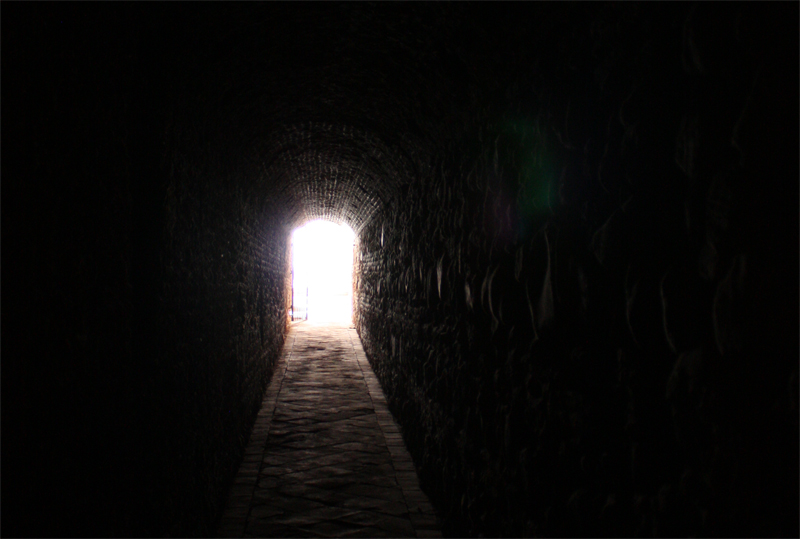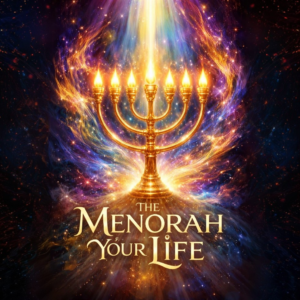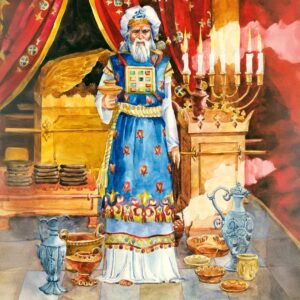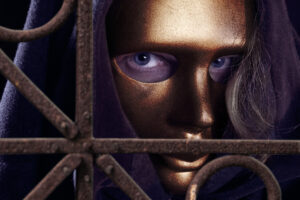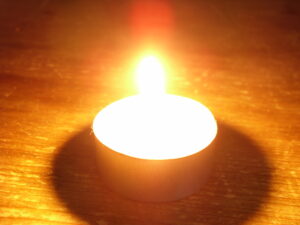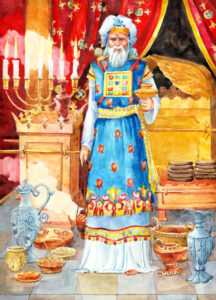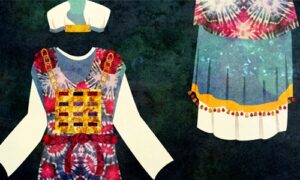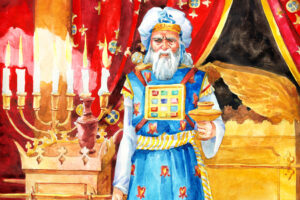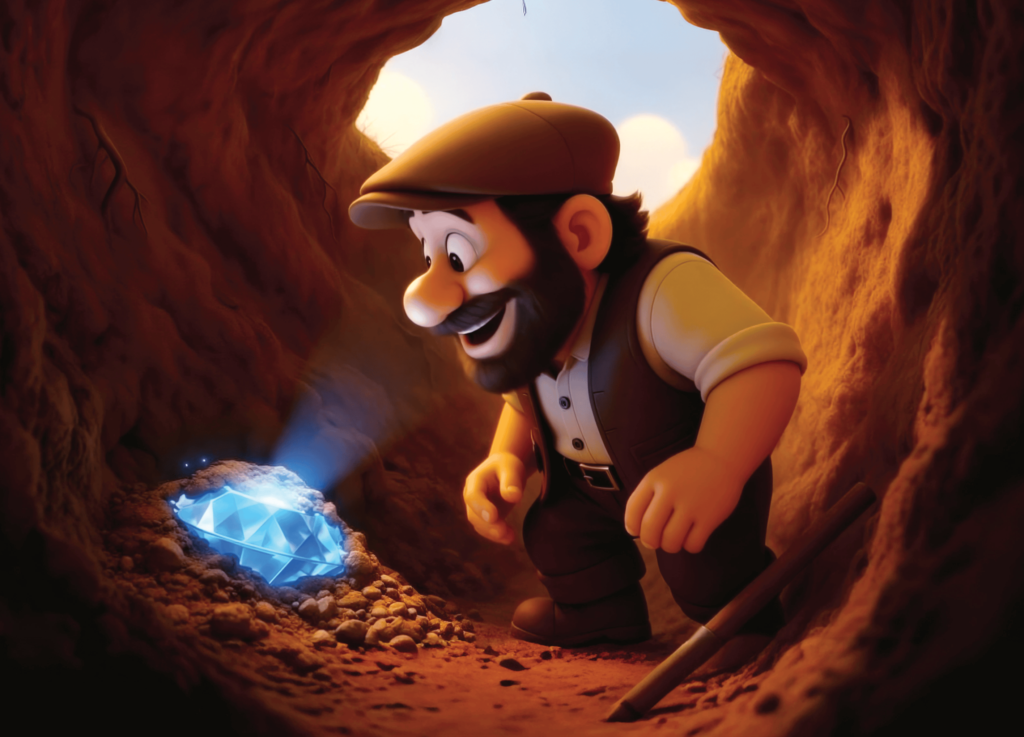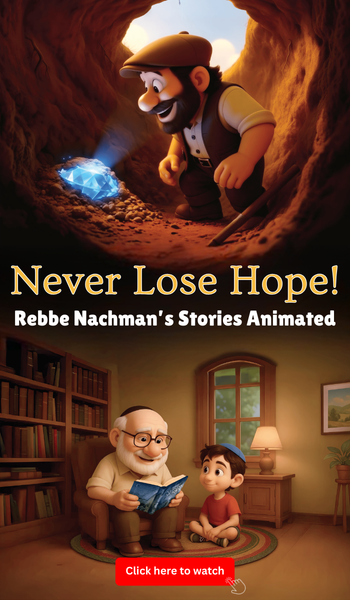Let in the Light!
Mazel Tov, we have completed the reading of the Torah! Incredibly enough, just a few minutes after finishing a year’s worth of reading, following a small celebration, we begin all over again. In this vein, Rebbe Nachman would always encourage his Chassidim to start afresh and never become accustomed to “regular, everyday life.” We may have finished the Torah and gleaned much insight, but now we can begin again with fresh eyes and vigor, soon to discover that we haven’t really begun to understand the depths of the Torah at all!
The Torah begins by describing Creation, including the verse, “God made the two great lights – the greater light [the sun] to rule the day and the lesser light [the moon] to rule the night” (Genesis 1:16). The beginning of the verse calls both luminaries “great,” but the end of the verse refers to the moon as “lesser.” Rashi explains that they were created equal, but the moon was made smaller because it contended, “It is impossible for two kings to share the same crown.”
If we observe the sun and the moon, we discern an obvious difference between them. The sun shines its own light, whereas the moon reflects that light. Kabbalistically, the light of the sun is representative of the Divine. God’s blinding light reflects the true reality of the universe, that there exists nothing but Him. This is alluded to in the final letters of the words in the Torah’s first verse, barA ElokiM eT (God created), which spell EMeT (truth). The very purpose of God’s Creation was for His true nature to become known down on Earth.
The moon represents our earthly-human existence. Had the moon shone as bright as the sun, the two luminaries would have “shared the same crown.” This means that God’s light would have burned so brightly that essentially there would have been no difference between Heaven and Earth. God’s true reality would permeate Creation in a way that all would be one angelic existence, but God’s desire was for His truth to be reflected in the human experience.
Therefore the moon was made smaller; it no longer shines as brightly as the sun, leaving room for falsehood and doubt. This spiritual darkness is manifest whenever we feel distant, cold or disconnected from God.
Although Creation gave rise to the original darkness, when we misstep or make bad judgment calls, we further compound the problem and are surrounded by even more layers of darkness. Have you ever found yourself in a downward spiral, wanting to get out and do something meaningful, but being badgered by distractions at every turn? Do you want to make that meaningful prayer and begin building a true relationship with God, only to find yourself sidetracked whenever the opportunity presents itself? What is the key to opening our hearts and minds to God’s essential reality that we know exists?
Next week’s parashah states, “Make a light for the ark” (ibid., 6:16). The Hebrew word teivah (ark) also means “word.” By verbalizing words of prayer with truth and sincerity, we illuminate them and cause them to shine brightly, dispelling the darkness that surrounds us and revealing God’s truth. Describing the type of light mentioned in this verse, Rashi says, “Some say it was a window, and some say it was a precious gem.” What’s the difference? The gem produces its own light, whereas the window allows in light.
Perhaps we aren’t up to burning with such tremendous desire for the absolute truth that we dispel all of the darkness on our own. But we can utter a few words of sincere prayer from wherever we stand spiritually and emotionally. Each honest and sincere word we say creates a window that allows in God’s light so that the spiritual pathways home are revealed to us. Thus we can ultimately fulfill the purpose of Creation and return the moon to its original glory. Amen!
Based on Likutey Halakhot, Dayanim 3; Likutey Moharan I, 9
- 0 comment


